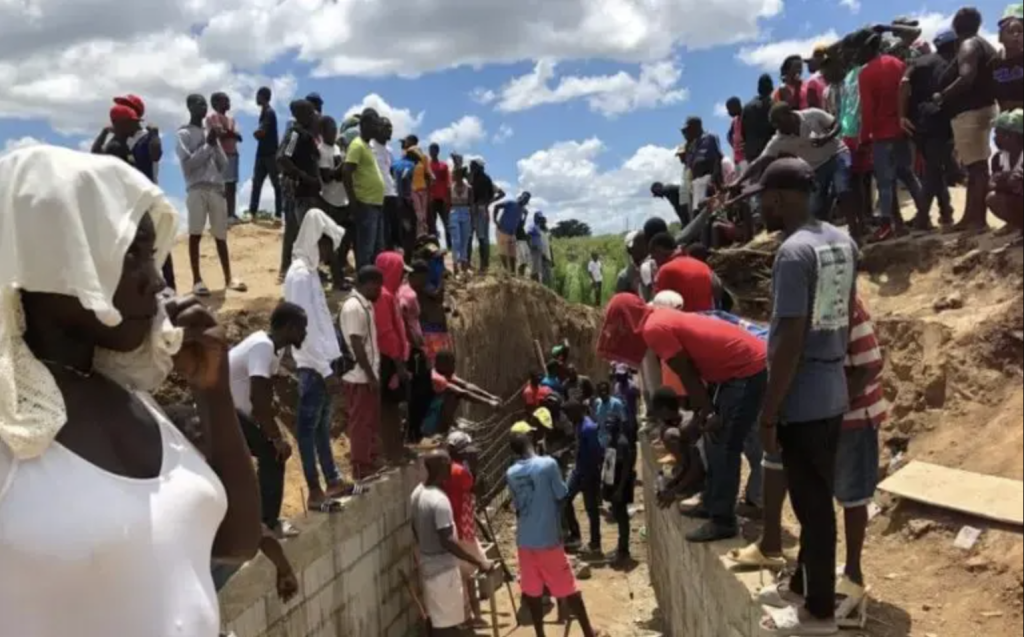
Discussions between the Dominican Republic and Haitian authorities regarding the diverting of the waters of the border Masacre River are slow and erratic, but ongoing.
The Deputy Minister of Multilateral Foreign Policy of the Ministry of Foreign Relations Rubén Arturo Silié Valdez has said that Haitian officials would meet at the Ministry of Foreign Relations in Santo Domingo to resolve the impasse caused by the restart of the construction of the irrigation canal that seeks to divert water from the Masacre River.
According to a publication from the Office of the Prime Minister of Haiti, Ariel Henry, the meeting in Santo Domingo gathers members of the Binational Water Table of the Bilateral Mixed Commission and is taking place to find a fair and definitive solution to the problem of the shared water resources of the Masacre River.
Le Nouvelliste in Haiti reports that Haitians involved in the construction of the canal on the river are determined not to give up. They will see the project through to the end. Jean Brévil Weston, coordinator of the Farmers’ Movement of the Maribaroux Plain, the organization behind the project, stated that the farmers will not yield to the pressure from Dominican authorities. “I don’t think any entity will ask us to suspend the canal construction project. Our position is clear. The canal or death. We are ready to be buried in the canal,” declared Weston.
Ramon Colombo, a Dominican journalist, writes in El Caribe that the canal seeks to bring water for a mining project.
Meanwhile, Noticias SIN reports that despite the ultimatum of President Abinader to suspend visas and close the border, the construction of the canal continues.
Environmentalist Luis Carvajal indicated that the joint declaration of the binational meeting on the situation of the transboundary waters of the Dajabón or Masacre River, signed by the Dominican Republic and Haiti in 2021, contains seven points that, if applied, even partially would have avoided the conflict that currently exists over the restart of the work.
“It envisaged basing any information on technical knowledge, creating a permanent technical table and an advisory council, that any intervention would be subject to an environmental evaluation on both sides, that it would respond to a social interest rather than any type of interest, that it would imply a program to reduce water consumption through crop change, develop an international diplomacy of cooperation in the management of transboundary water and the entire debate on the water problem would be carried out within the framework of diplomacy,” he expressed when interviewed on the program, El Sol de la Tarde. He explained that the restart of the work as has happened is a provocation that should not occur, but the solution is to sit down again to dialogue and reactivate diplomacy.
Meanwhile, both President Luis Abinader and Haitian President Ariel Henry have programmed to travel to New York for the 15-25 September 2023 United Nations General Assembly.
Read more:
Le Nouvelliste
Le Nouvelliste
Ramon Colombo
N Digital
N Digital
Listin Diario
Listin Diario
Noticias SIN
Hoy
El Dia
14 September 2023

